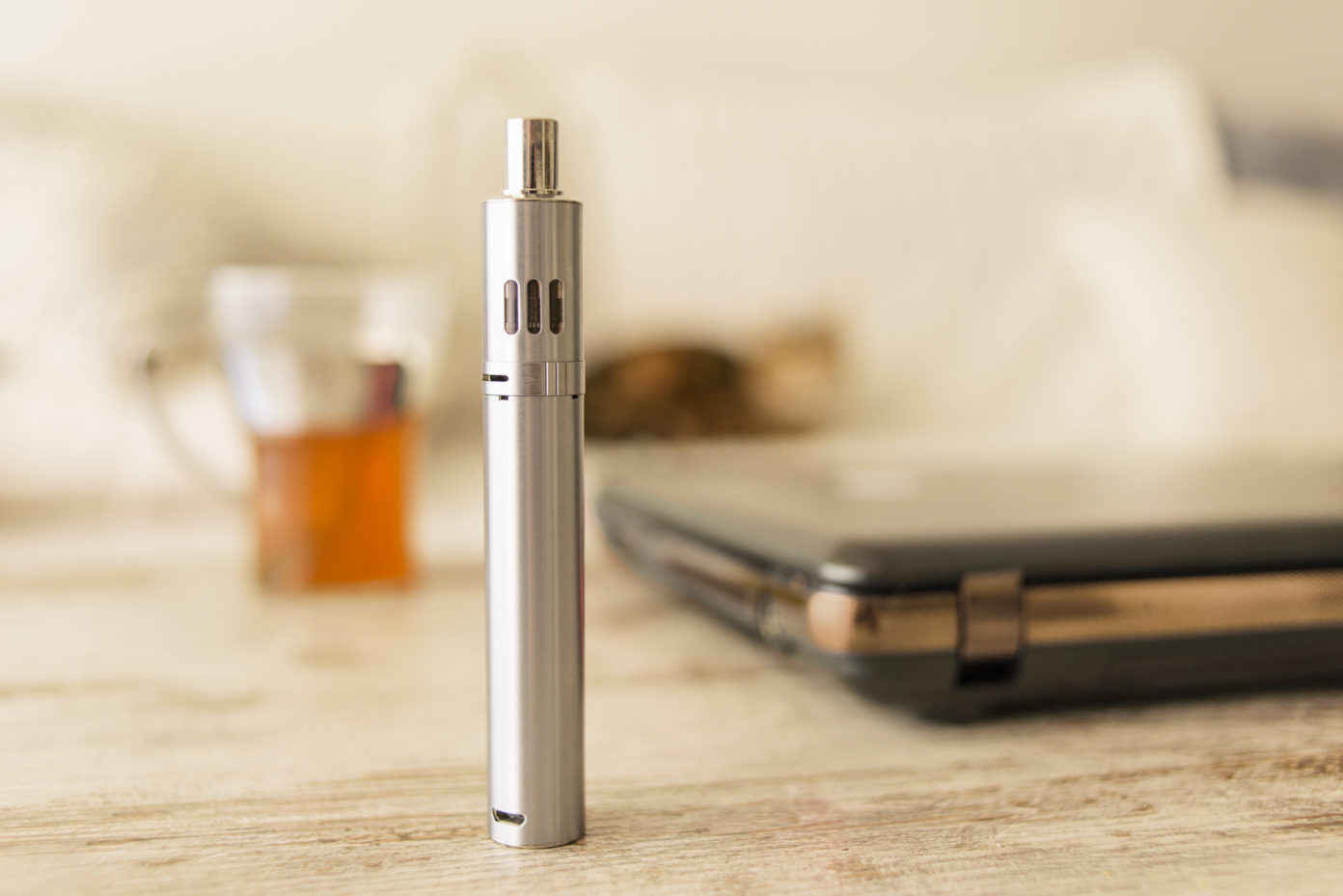Licensing E-Cigarette Retailers and Vape Shops
March 10, 2017
Overview
While “Tobacco 21” and clean air laws are effective tobacco control strategies, particularly at reducing youth use, they’re not politically feasible in much of the country – twenty states still do not have comprehensive indoor smoking restrictions and only California and Hawaii have raised the minimum tobacco purchase age to 21. State and local tobacco licensing programs are critical to preventing youth use of tobacco products. These programs enable communities to identify retail businesses that sell tobacco products.

“What’s the deal with Tobacco 21? Does it include e-cigarettes?”
“How can we include e-cigarettes in our clean indoor air law?”
Over the past couple years, I have been asked some variation of the above questions by countless public health officials and policymakers interested in regulating e-cigarettes. While “Tobacco 21” and clean air laws are effective tobacco control strategies, particularly at reducing youth use, they’re not politically feasible in much of the country – twenty states still do not have comprehensive indoor smoking restrictions and only California and Hawaii have raised the minimum tobacco purchase age to 21. What’s more, communities often seek these policies before securing the meat and potatoes of tobacco control: retail licensing.
State and local tobacco licensing programs are critical to preventing youth use of tobacco products. These programs enable communities to identify retail businesses that sell tobacco products. Most tobacco control laws — from sales to minors, to ID check, to health warning labels — require active enforcement. And active enforcement requires accurate identification of tobacco retailers. In addition, repeat violators may be subject to license suspension or revocation, which incentivizes compliance with tobacco control laws.
The Centers for Disease Control and Prevention (CDC) and the Office of the Surgeon General indicate that state and local licensing programs are among the most effective strategies for preventing youth tobacco use, including e-cigarettes. Yet, as of January 1, 2017, only 15 states and the District of Columbia require businesses selling e-cigarettes or e-liquids to secure a license. In contrast, virtually all states require cigarette and other tobacco product retailers to be licensed.
E-cigarette retailers remain largely unlicensed even though e-cigarettes are the most commonly used tobacco product among youth in the United States. An estimated 3 million middle and high school students regularly use e-cigarettes, nearly double the number that smoke conventional cigarettes (3,010,000 to 1,630,000). Moreover, youth e-cigarette use has skyrocketed in recent years; increasing tenfold from 2011 to 2015 alone.
In August 2016, the U.S. Food and Drug Administration (FDA) began regulating e-cigarettes as tobacco products. As a result, federal laws prohibiting sales to minors, requiring ID checks, and restricting vending machine purchases (except in adult-only facilities) now apply to vape shops (i.e. stores devoted exclusively to selling e-cigarettes and e-liquids) and other e-cigarette retailers. Unfortunately, in many communities the resulting enforcement efforts have been hampered by incomplete or missing e-cigarette retailer data.
Federal law does not require retailers to register or otherwise notify FDA that they sell tobacco products, including e-cigarettes. Rather, federal enforcement efforts rely on state and local license programs to identify tobacco retailers. For conventional tobacco products, such as cigarettes, this is not a problem. But, with less than one-third of states requiring e-cigarette retailers to be licensed, federal enforcement efforts may not include vape shops and other e-cigarette retailers that do not sell cigarettes or other tobacco products. For example, the FDA issued 1,410 tobacco compliance check inspection letters to retailers in the State of Maryland between August 8, 2016 — the day the FDA began regulating e-cigarettes as tobacco products — and February 1, 2017. Although compliance check inspections frequently included e-cigarettes or e-liquids, all 1,410 locations were state licensed cigarette or other tobacco product retailers. In other words, no vape shops were subject to sales to minors or ID check inspections during this time period.
Communities wishing to restrict youth access to e-cigarettes, or reducing youth e-cigarette use, should consider adopting retail licensing provisions. For more information on federal, state or local e-cigarette laws, please see the FDA’s Center for Tobacco Products and our partners at the Public Health Law Center.
This blog post was prepared by William Tilburg, Senior Staff Attorney at the Network for Public Health Law – Eastern Region at the Frances King Carey School of Law. William is also Deputy Director of the Legal Resource Center for Public Health Policy, a member organization of the Tobacco Control Legal Consortium.
The Network for Public Health Law provides information and technical assistance on issues related to public health. The legal information and assistance provided in this post does not constitute legal advice or legal representation. For legal advice, readers should consult a lawyer in their state.
Support for the Network is provided by the Robert Wood Johnson Foundation (RWJF). The views expressed in this post do not necessarily represent the views of, and should not be attributed to, RWJF.
